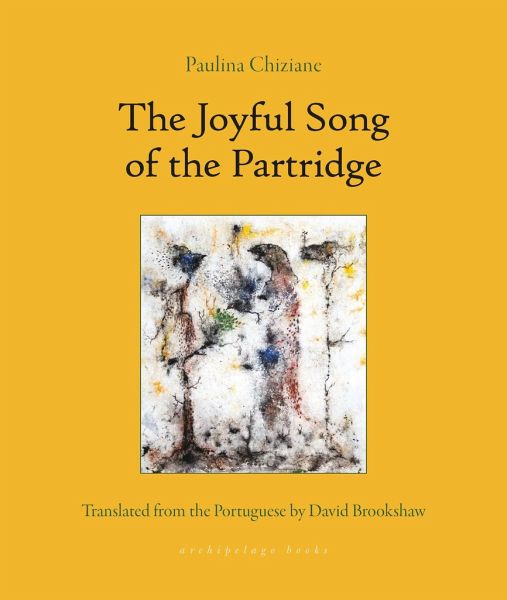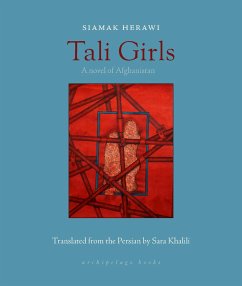
The Joyful Song of the Partridge

PAYBACK Punkte
9 °P sammeln!
A roiling chronicle of motherhood and colonization from a writer who “alternates between a dramatic, high-octane style and a terse and humorous frankness” (Sheila Heti) Recipient of the 2021 Camões Prize, the most important award for literature in the Portuguese language A potent whirl of history, mythology, and grapevine chatter, The Joyful Song of the Partridge absorbs readers into its many hiding places and along the wandering paths of its principal characters, whose stark words will stay with you long after the journey is done. No one knows where Maria des Dores came from. Did she ri...
A roiling chronicle of motherhood and colonization from a writer who “alternates between a dramatic, high-octane style and a terse and humorous frankness” (Sheila Heti) Recipient of the 2021 Camões Prize, the most important award for literature in the Portuguese language A potent whirl of history, mythology, and grapevine chatter, The Joyful Song of the Partridge absorbs readers into its many hiding places and along the wandering paths of its principal characters, whose stark words will stay with you long after the journey is done. No one knows where Maria des Dores came from. Did she ride in on the armored spines of crocodiles, was she carried many miles in the jaws of fish? The only clear fact is that she is here, sitting naked in the river bordering a town where nothing ever happens. The townspeople murmur restlessly that she is possessed by perverse impulses. They interpret her arrival as an omen of crop failure or, in more hopeful tones, a sign that womankind will soon seize power from the greedy hands of men. As The Joyful Song of the Partridge unfolds, Paulina Chiziane spirals back in time to Maria’s true origins: the days of Maria’s mother and father when the pressure to assimilate in Portuguese-controlled Mozambique formed a distorting bond on the lives of black Mozambicans.













